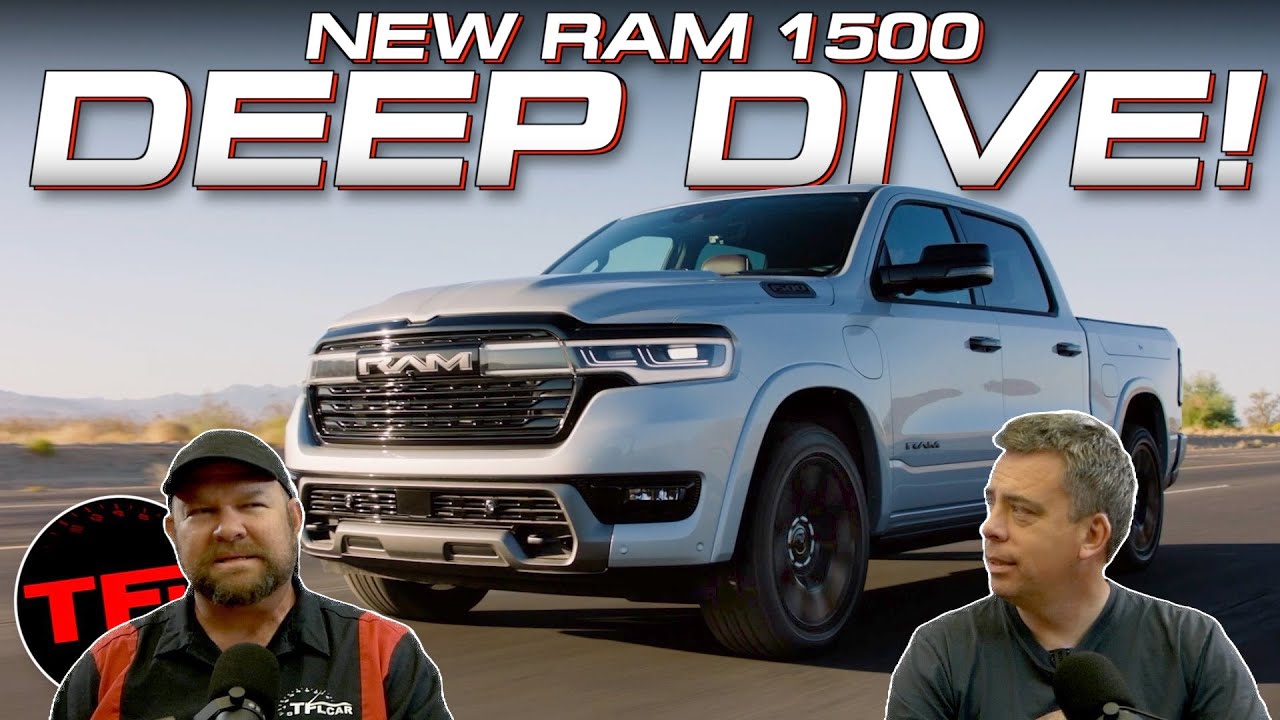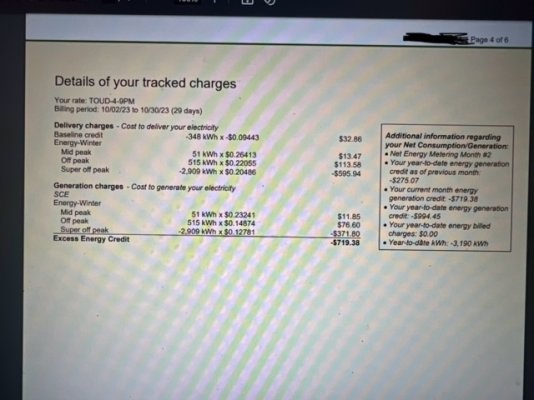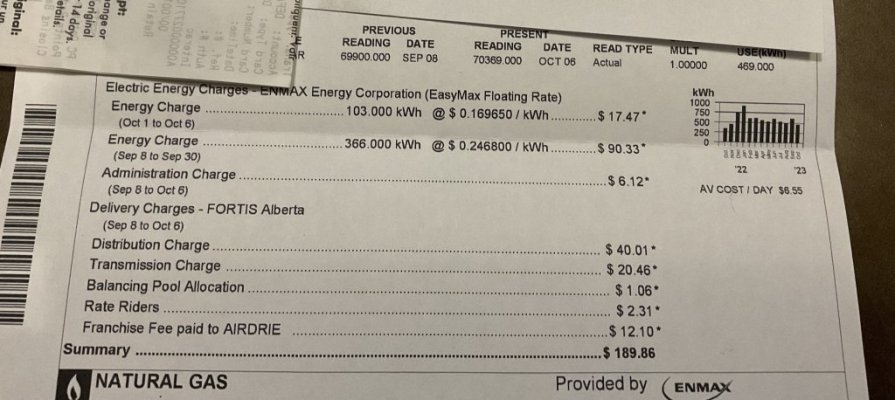StMapleBury
Junior Member
I read everthing Ram produced so far. It is NOT like a Prius. A Prius has a motor generator and gas engine joined via a planetary gear set. I owned one. Great car IF you understand the limitations.
The Ram Charger looks like it takes the planned fully electric truck and marries a generator to it. Drive is fully electric.
Benefits I see is running a flat torque electric drive. Imagine having full torque at launch even at creeper speeds. Now add a generator that is only ever running at near best performance.
There is an outfit in Canada building and testing vocational trucks (think lumber and raw materials hauler in the middle of no where). Theses guys scaled up to big tractor rigs. Same concept as the Ram Charger but bigger, way bigger. Look up Edison Motors: https://www.edisonmotors.ca In their test pull they out pulled the Tesla tractor. Take everything with a grain of salt, but a fun watch regardless. These guys suggest a 25% gain in fuel economy. We will see.
The Ram Charger looks like it takes the planned fully electric truck and marries a generator to it. Drive is fully electric.
Benefits I see is running a flat torque electric drive. Imagine having full torque at launch even at creeper speeds. Now add a generator that is only ever running at near best performance.
There is an outfit in Canada building and testing vocational trucks (think lumber and raw materials hauler in the middle of no where). Theses guys scaled up to big tractor rigs. Same concept as the Ram Charger but bigger, way bigger. Look up Edison Motors: https://www.edisonmotors.ca In their test pull they out pulled the Tesla tractor. Take everything with a grain of salt, but a fun watch regardless. These guys suggest a 25% gain in fuel economy. We will see.






